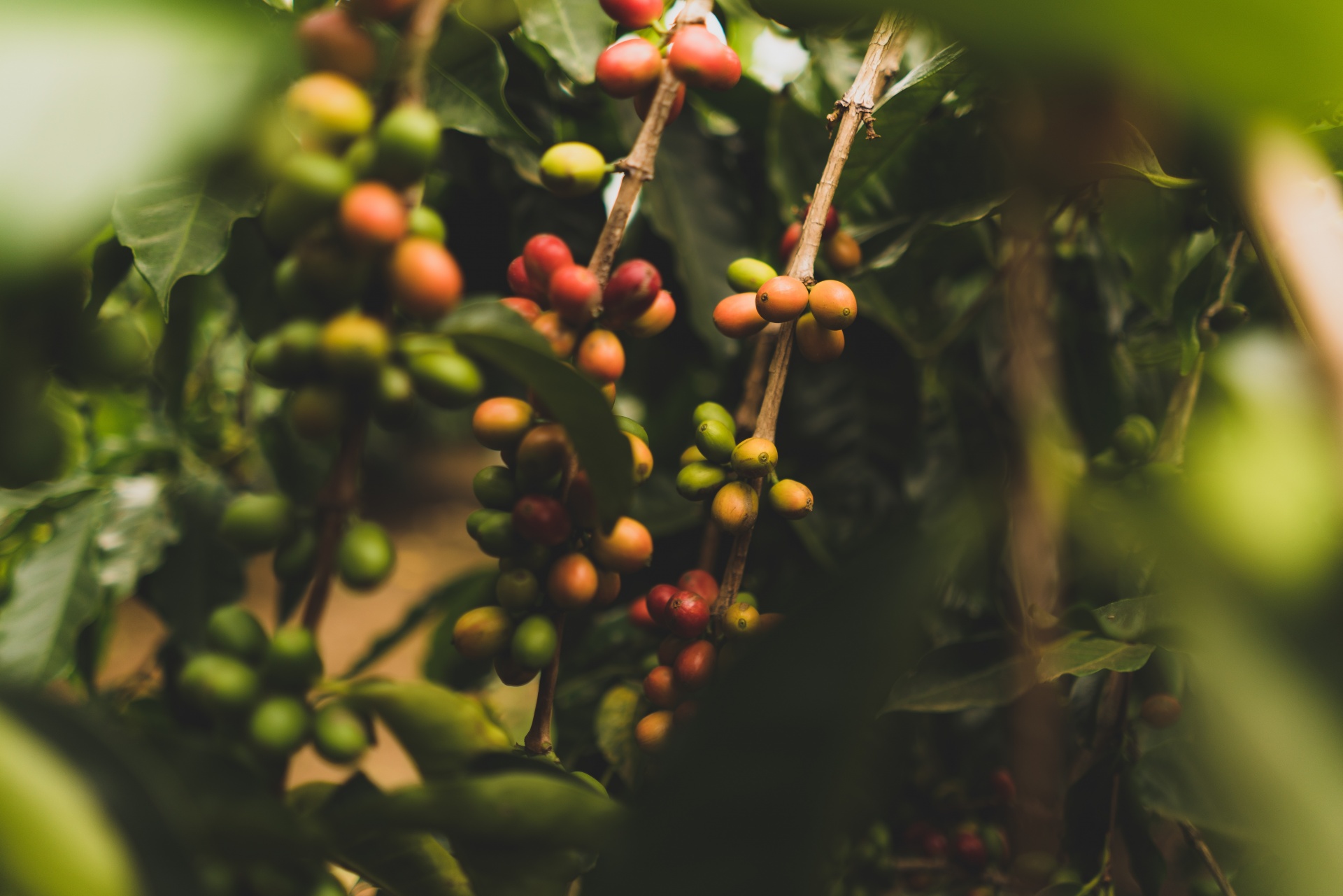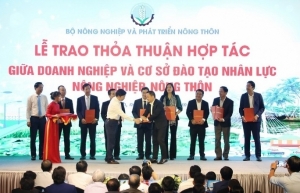Agricultural exports record significant growth in H1
 |
According to a report by FiinGroup, the growth of Vietnam's key agricultural products can be attributed to the 'Zero COVID' policy of China, unfavourable weather conditions for commodity production in other Asian countries, the Russia-Ukraine war, and the rising prices of Robusta coffee.
Notably, the policy in China, being Vietnam's largest trading partner, stimulated higher demand for fruits and vegetables, thereby elevating the export value of this crucial commodity group.
For rice, the export value surged due to a combination of factors, including potential declines in rice production in various Asian countries due to the hostile climate phenomenon of El Nino, and geopolitical issues such as the Russia-Ukraine war, leading to increased global food reserves.
Despite weather-related challenges impacting coffee production, the rising prices of Robusta coffee significantly supported the growth of coffee export value during the first half of the year.
The favourable growth in agricultural exports has indeed provided some relief to agricultural enterprises amidst the volatile business environment.
Indeed, there is a clear correlation between the resurgence in export activities within the agricultural sector and the revenue growth of agricultural enterprises during 2021 and 2022. FiinGroup's data reveals that net revenue growth experienced a decline in 2020, primarily due to the severe impact of the pandemic.
However, subsequent years witnessed a remarkable recovery and substantial growth, particularly evident in the rice and vegetable industries, achieving impressive growth rates of 46.5 per cent and 23.2 per cent respectively in 2022.
The recovery in export values of agricultural commodities served as a pivotal driving force behind the industry's positive financial performance, fostering an environment of resilience and growth.
Despite promising indicators, the future trajectory of the sector heavily relies on the ability of Vietnamese enterprises to take proactive measures to effectively confront a range of challenges. Undoubtedly, the sector's post-pandemic revival and favourable export performance constitute notable strides forward.
"However, amidst the backdrop of global macroeconomic fluctuations encompassing production costs, trade tensions, and the effects of climate change, there exist potential impediments in the foreseeable horizon. To maintain competitiveness and secure their position in the market, agricultural enterprises must prioritise strategic adaptability and engage in comprehensive risk analysis as they navigate the uncertainties ahead," the report said.
 | Agricultural businesses in dire need of workers Difficulty in recruiting workers, including both unskilled and trained workers, has led to labour shortages and major headaches for many agricultural enterprises. |
 | Boosting HR quality for sustainable agriculture, rural development On August 4 in Ho Chi Minh City, the Ministry of Agriculture and Rural Development (MARD) held a conference on agricultural human resource training and boosting southern rural areas for sustainable development. |
 | Skilled labour force needed for agriculture sector A professional, knowledgeable, and skilled labour force will be a crucial factor in the sustainable development of rural areas, contributing to the reinforcement of agriculture's role as the backbone of the economy, explains Minister of Agriculture and Rural Development, Le Minh Hoan. |
What the stars mean:
★ Poor ★ ★ Promising ★★★ Good ★★★★ Very good ★★★★★ Exceptional
 Tag:
Tag:
Related Contents
Latest News
More News
- Ho Chi Minh City launches plan for innovation and digital transformation (February 25, 2026 | 09:00)
- Vietnam sets ambitious dairy growth targets (February 24, 2026 | 18:00)
- Masan Consumer names new deputy CEO to drive foods and beverages growth (February 23, 2026 | 20:52)
- Myriad risks ahead, but ones Vietnam can confront (February 20, 2026 | 15:02)
- Vietnam making the leap into AI and semiconductors (February 20, 2026 | 09:37)
- Funding must be activated for semiconductor success (February 20, 2026 | 09:20)
- Resilience as new benchmark for smarter infrastructure (February 19, 2026 | 20:35)
- A golden time to shine within ASEAN (February 19, 2026 | 20:22)
- Vietnam’s pivotal year for advancing sustainability (February 19, 2026 | 08:44)
- Strengthening the core role of industry and trade (February 19, 2026 | 08:35)


















 Mobile Version
Mobile Version